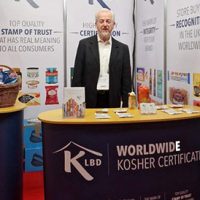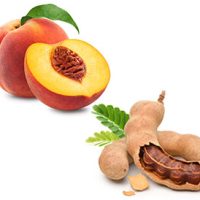The Natural & Organics Show (NOPEX) will be taking centre stage once more at…

Sustainability of Fairtrade Foods
Sustainability and fairtrade are two concepts which intermingle and overlap in many senses. One is the act of providing a fair wage and sourcing of the product, whilst the other is the act of ensuring that sourcing the product is a steady and non-draining act for both the economy and environment. For many, these are two goals which overlap and at their core are about people – more importantly, that the environment and economy are protected for future generations.
These two threads are so closely entwined, that it is hard to think of one without the other.
Fairtrade
At its heart, Fairtrade is enabling trade between companies and producers in third world countries to ensure fair prices are paid to workers for their work. But, it also helps to improve standards of living and reduce the risks that can come with farming. Thus enabling access to credit and savings much easier as a whole. This increased capital helps grow incomes, which then assists organic economic growth which is undoubtedly beneficial for the country as a whole in the long term.
The Connection Between Fairtrade and Sustainability
As the population of the planet continues to grow – as of 2016 it was an incredible 7.5 billion and is expected to rise to 11.2 billion people by the year 2100 – the challenge of how of whether or not we can support this growth becomes ever more important. With issues such as climate change and unsustainable trade clouding the issue, it is a question that many are hesitant to answer.
Many believe that fairtrade practices help to create a more sustainable process for many farmers and producers in the developing world. Support and education for these producers, as well as adequate financial rewards for their work, means they are able to work both fairer and smarter. The Fairtrade initiative also supports producers with technology and equipment which help them to both fight against and adapt to climate change, assisting their crops or produce to be that much more environmentally friendly.
In this way, Fairtrade and sustainability become two sides of the same coin – helping to support both sustainable production and sustainable consumption.
Sustainability and Fair Trade of food is increasingly important for consumers, so being transparent about the contents of your products is vital. Obtaining kosher accreditation is a quick and easy process. But, if you have questions you would like to see answered about becoming certified, please do not hesitate to get in touch with a member of the KLBD Kosher team today and start reaping the benefits of becoming accredited.




